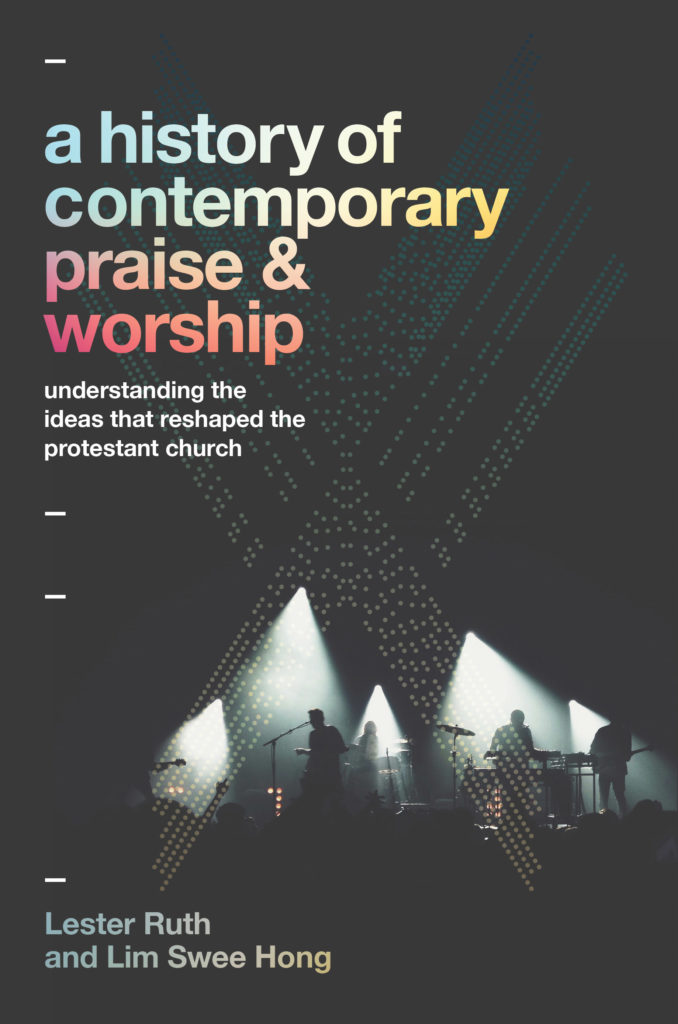
I observed back when I was in Bible college something that startled me. When we were assigned textbooks for the various classes, so many did not fully align with the doctrinal position of the school. Even though the school was staunchly KJV only, many times the textbooks were not. The same can be said for books written by Baptists. This not be surprising if we were talking about a science or math textbook, but many of the Bible and theological courses resorted to using such books. I am not saying that the books did not have value, but that they somewhat undermined the position of the school.
I asked one of my Bible college professors about why people of our stripe did not write books. He replied, “I guess we are too busy soulwinning.” This idea scares me because while we are doing the work now we are not leaving a legacy for those that will follow us. We are already having to train our next generation of leaders with textbooks that do not fully align with who we are. Why are we shocked when these men do not stay Fundamental in their doctrine or practice when we have exposed them to things that run counter to it?
Sometimes Fundamentalism is described as being “all fun and no mental”. There are sadly those that fit that description, but I have also met some Fundamentalists with brilliant Biblical minds. Why aren’t they writing books?
One reason that I mentioned before is that we have not prioritized writing as a ministry. So much of Fundamentalism’s message of the past few decades has been very practical: “Go here, don’t go there. Do this, don’t do that.” We have neglected the theological framework that undergirds our actions. We know what to do, but we often neglect why we do it. This has led to many practical books on soulwinning, prayer, and separation, but it has not lead to deeper works on the theology and philosophy behind those actions.
Another reason is that we have devalued academic writing. This is in large part because we distance ourselves from much of the modern theological writings that are tainted by liberalism and destructive criticism of the Scriptures. This actually goes against the Fundamentalist heritage, which largely began as debates among academia. Many historic Fundamentalists were well-educated and possessed great theological knowledge. The problem they had was not with academia, but with the poisonous doctrines that had infiltrated it. In a tragic overreaction, most of Fundamentalism forsook academic pursuits for more something more practical. Again, the problem is that the practical is based on the theological. You cannot be sound in one without the other.
Another reason I think has to do with the small market size such books would appeal to. The giant publishing houses are not looking to publish anything by a Fundamentalist. Fundamentalism itself is so divided that it is difficult to reach the various camps with anything you put together.
A corollary issue to the small market size is the expense of printing. It is difficult for many people to put up the up front cost of printing through traditional avenues. This is because such small batch printing is deemed a “vanity” publication that the publishers do not believe will sale enough for them to make money. So they pass off the cost of printing to the author, who is required to purchase hundreds up copies up front.
I do not want to sound like an alarmist, but no movement can continue that does not develop its own theological writings and train their people using their own materials. We must overcome any aversions to writing as ministry and to the value of academic pursuits. If not, we will continue to bleed out people that are influenced by those who are writing and are writing well. As long as the Fundamental and Independent Baptist movements have been around, it is a shame that we do have a solid core of writings that define and inspire us.
We live in what is called the Information Age. With just a few keystrokes or taps we can find almost anything we want online. Where once broadcasting was out of reach for most people, anyone can now do a podcast. Where once publishing was out or reach for most people, anyone can now have a blog. Social media continues to develop and I do not think we have yet to harness its power for the Gospel.
It is not just the digital world that has been revolutionized, but the physical publishing world too. It is easier today to get a book printed than at any other time in all of history. It is also cheaper today than it has ever been.
I want to close by discussing just one of the multitude of possibilities for publishing good, solid books. Of course, they need to be written first. But once they are it is scarily easy to get them published and available to the entire world.
The one I want to focus on is Kindle Direct Publishing by Amazon. There is ZERO up front cost to create a either a physical book or a Kindle eBook. If you have a word processor, then you can create a book. There is a special application called Kindle Create that is used to format and create the Kindle eBook file. Once your book is created, Amazon will tell you how much each unit costs and they will take that for each unit sold. You choose an option for amount of royalties you will receive set the market price for the book, which must of course must be greater than the production cost. It costs you nothing up front and Amazon only gets paid when a book is purchased. They use a print-on-demand system so there is not an issue of paying for books that do not sale.
With such opportunities, why are we not taking advantage of them? I have been working on converting many of my sermon notes into book format and have a couple of books that I am working on besides those. I know that many pastors already have great material that just needs to be put into book form. Think of it as a ministry and devote some time to it. Even if only a few books are sold you have still made an impact. There are so many needs out there that we can help address.
Someone said that the radio preachers of yesteryear are all but forgotten but the preachers that wrote are still making an impact. In this day and age of podcasting and digital media, I still think the greatest impact we can make is with physical books.
It is time we get busy writing.
